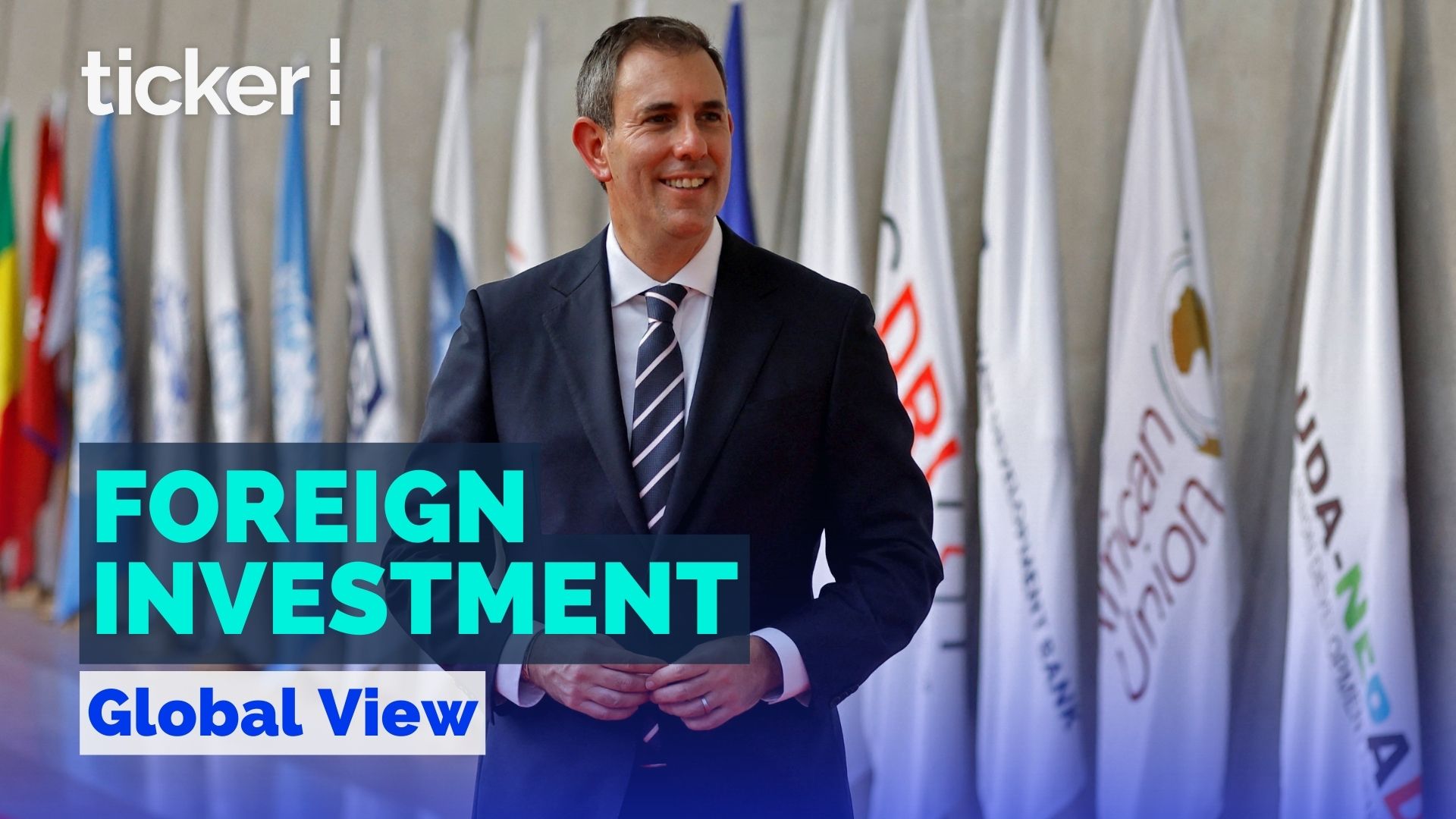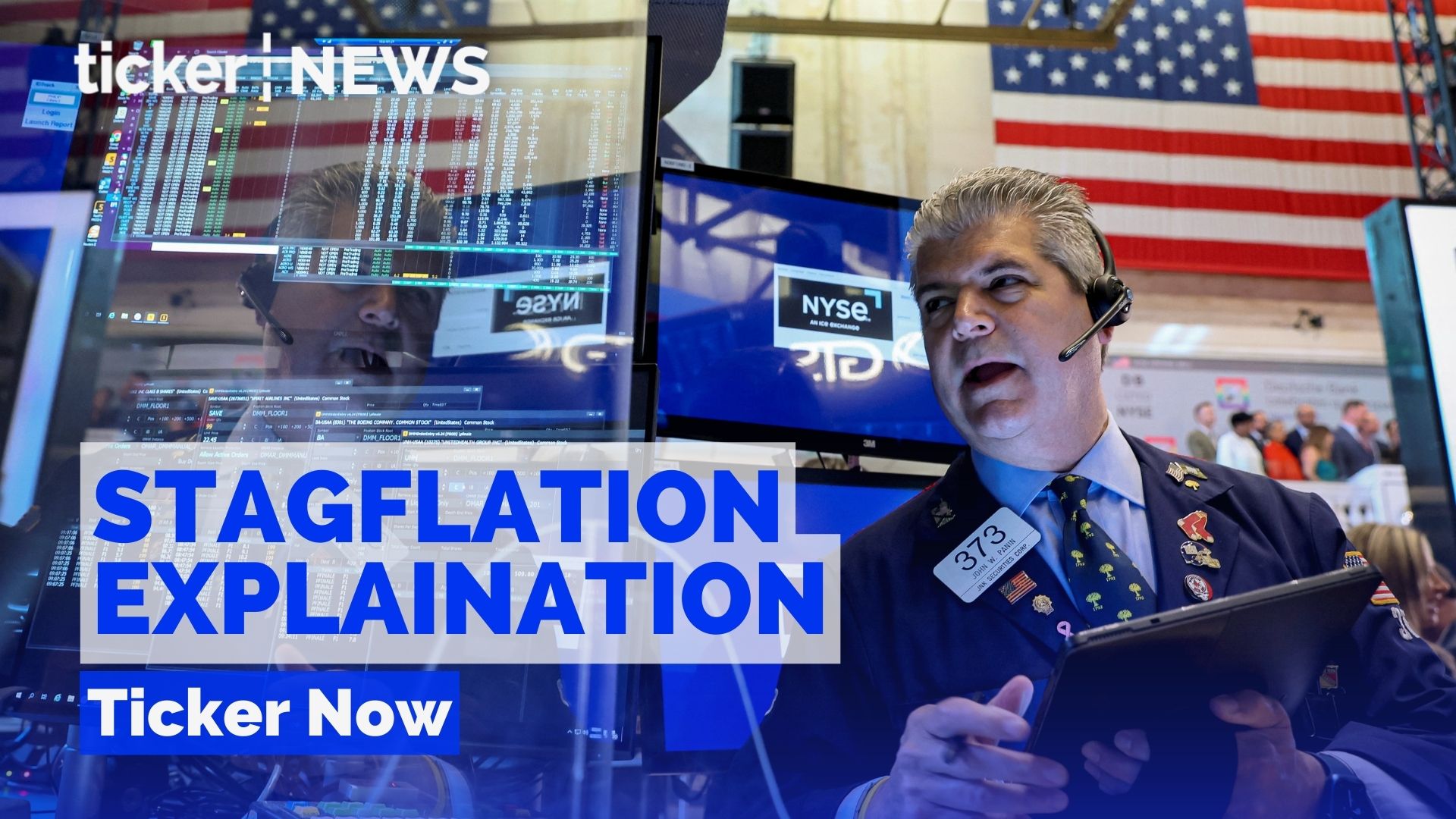Unpaid work placements and internships can serve as a legitimate avenue for ambitious young individuals to gain a foothold in their desired fields.
However, it is crucial to acknowledge that they can also exploit economically vulnerable young workers. Wage theft is illegal and can result in severe penalties for employers who engage in such practices.
To distinguish between legitimate and exploitative unpaid work placements, both employers and workers need to be well-informed.
Caution must be exercised by both parties when offering or accepting unpaid work placements.
Employment guidelines
The Fair Work Act establishes minimum wages, conditions, and awards for different types of employment. The central question regarding unpaid work placements revolves around whether the tasks assigned to the worker qualify as “employment.” This determination depends on two sub-issues:
1. Intentions of the parties: Determining intentions can be challenging as they are often mixed and not fully expressed. What matters is the nature of the relationship, rather than how either party labels it.
The factors
– Purpose of the arrangement: If the primary focus is on productive work rather than meaningful learning, training, and skill development, it is likely an employment relationship.
– Duration of the arrangement: Longer durations increase the likelihood of an employment relationship.
– Nature of the work: If the tasks performed are typically done by paid employees and are necessary for the business or organization, the arrangement should likely be considered paid employment.
– Role of learning: If the worker’s role is primarily observational and does not primarily benefit the organization, it is less likely to be seen as an employment relationship.
– Benefit distribution: A legitimate unpaid work placement should primarily benefit the intern or trainee. If the business derives significant economic benefit from the work, an employment relationship is more likely.
The difference
In practice, illustrating the difference is often easier than providing a precise definition. For instance, if someone voluntarily works for a charitable organization without any expectation of payment, it is unlikely to violate the Fair Work Act.
If an unpaid job placement is part of an educational or vocational training course and aims to equip students with essential skills for transitioning from study to work, it is likely to meet the requirements of the Fair Work Act. Similarly, if an internship or training period, not connected to a formal educational program, is brief and involves extensive mentoring and training, it may also qualify.
On the other hand, if an applicant is interviewed for a paid job and then asked to undergo an unpaid “work trial” for an indefinite period to assess suitability, it would likely contravene the Fair Work Act. An unpaid internship that lacks adequate training and instruction presents similar issues.
Exercise caution
If you have been offered an unpaid work placement with hopes of it leading to a paid job, be extremely cautious. Many workers are enticed into such arrangements under false promises, appealing to their goodwill and willingness to work.
Likewise, if you are an employer considering offering unpaid work placements, be aware that many of these arrangements may not meet the requirements outlined in the Fair Work Act. The potential penalties far outweigh any short-term cost-saving benefits. Even well-intentioned organizations seeking to provide opportunities for underserved individuals can find themselves in trouble if they operate outside the legal guidelines.
More information here.



 Leaders4 days ago
Leaders4 days ago


 Leaders3 days ago
Leaders3 days ago


 Leaders2 days ago
Leaders2 days ago


 News3 days ago
News3 days ago


 News3 days ago
News3 days ago


 Money4 days ago
Money4 days ago


 News5 days ago
News5 days ago


 News4 days ago
News4 days ago




